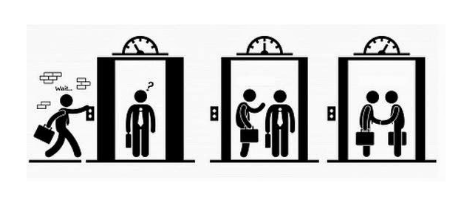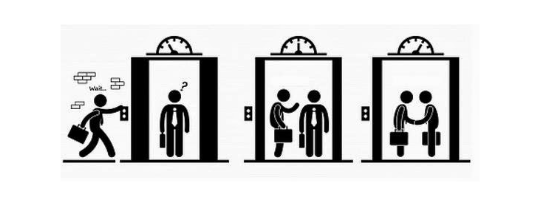KS4 and KS5 PSHE

28th March 2025
YEAR 10 PSHE (Planning for the Future: What's Next)
This second half of the term, the Year 10 PSHE group took a proactive approach to personal and career planning in our latest module, "Planning for the Future: What's Next?" The curriculum was designed to equip students with the critical virtues of perseverance, resilience, and strategies to overcome procrastination—key components that are essential as they begin to navigate the complexities of their upcoming decisions in life and work.
Cultivating Essential Virtues
Understanding that success is not just about setting goals but also about maintaining the momentum to achieve them, our sessions placed a strong emphasis on perseverance and resilience. Students engaged in activities that simulated real-life challenges, teaching them to stay the course even when faced with obstacles.
Combating Procrastination
Procrastination is a common hurdle in both academic and personal settings. Our program included practical exercises that helped students identify triggers of procrastination and equipped them with tools to combat this delay, ensuring they remain focused on their long-term objectives.
Setting SMART Goals
A significant achievement this term has been guiding students in setting Specific, Measurable, Achievable, Relevant, and Time-bound (SMART) goals. This process helped them clarify their aspirations for the next five years, providing a clear roadmap to success.
Exploring Soft Skills for Career Success
Recognising that technical skills alone do not pave the way to professional success, the curriculum also covered essential soft skills. Students explored communication, teamwork, problem-solving, and adaptability, among others—skills that are crucial in any career field.
Mentorship and Networking
A new initiative introduced this term was the mentorship segment, where students researched and identified potential mentors in their fields of interest. As we conclude the term, it is clear that our Year 10 students are better prepared to make informed decisions about their futures. They have not only learned how to plan effectively but have also gained confidence in their ability to navigate the paths they will choose. Moving forward, they are encouraged to continue refining these skills, ensuring they are well-equipped for the journey ahead in both their personal and professional lives.
Miss Kemuma
Confident individuals write and deliver their elevator speech
As part of their unit on planning for the future, Year 11 and 12 students worked on their elevator speech.
An elevator speech is a clear, brief message or “commercial” about someone. It communicates who we are, what we are looking for and how we can benefit a company or organisation. It is typically about 30 seconds, the time it takes people to ride from the top to the bottom of a building in an elevator.
Students explored when an elevator speech can be used, for example, when being interviewed for a job or educational institution, when at a networking event, on social occasions, when introducing yourself at work, when giving a presentation or to market oneself or a company.
An elevator speech needs to be written down, re-written, edited, tested on others, perfected and memorised. Year 11 and 12 students did just that in one of their PSHCE lessons this term and used the staircases (instead of an elevator) near the laboratories to practise their elevator speech.
It was really interesting and eye-opening for the students, some of whom discovered that “selling yourself” is not as easy a task as it might seem. For others, finding impactful things to share about themselves was a challenge and they had to seriously reflect on the changes they will have to make next term. One step would be to select after-school activities that allow them to develop new skills, get involved in activities that will help the school community and the community around us, and make the most of the opportunities Braeburn Mombasa International School offers.
Do you have an elevator speech? Ask the Year 11 and 12 students to listen to it and give you feedback and do not hesitate to ask to listen to theirs too.
Mme Mwangi


Year 13 PSHE- Finance
The Year 13 class have been looking at finances in PSHE this term. The aim of the series of lessons was to help them learn how to manage their money as they leave home and continue their study at university. It was a very interesting set of lessons as the students will be studying in a variety of countries and are all entitled to different levels of financial support.
We looked at sources of income for study fees and for living expenses and what can be borrowed while studying in the form of student loans, scholarships, bursaries and work income. We further broke down living expenses in order to identify where most of their money will go and discussed ways to reduce outgoings where possible and highlight priority spending for their own welfare such as ensuring rent and utilities are paid. We also looked at the link between finances and mental health.
In addition to student specific financial considerations, we also talked about credit cards, overdrafts and loans. Cryptocurrency was also mentioned. As our final assessment, each student researched the specifics of studying where they would be attending university and came up with an outline of their expected expenses and how these would be paid for.
Mrs Wood







